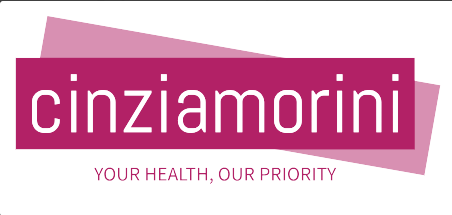
The Affordable Care Act (ACA) requires most U.S. employers to offer affordable health benefits to full-time employees. Failure to do so can result in several financial penalties designed to be punitive in nature. If the penalties concern you, get ready. They are increasing substantially in 2024.
When lawmakers were crafting the ACA back in 2009-10, they realized that some employers would save money by not offering minimum essential coverage (MEC) to their employees. Paying the penalty would be cheaper. So to dissuade such behavior, lawmakers built an escalating penalty into the law.
Employer mandate penalties continue to rise every year as a result. The eventual goal is to make noncompliance so expensive that employers do not even bother. But here is the thing: health insurance premiums are going up faster than the penalties.
Penalties A and B
There are two different employer mandate penalties built in to the ACA. Oddly, they are officially referred to as the A Penalty and B Penalty. Here is how they break down:
- A Penalty It is assessed against employers who do not offer MEC-compliant plans to 95% of their eligible employees. The penalty increases to $2,970 per employee in 2024, representing a $90 increase.
- B Penalty Also known as the ‘sledgehammer penalty’, the B Penalty is assessed against companies that do not offer affordable health coverage despite such coverage meeting MEC requirements. It goes up by $140 to $4,460 per employee in 2024.
The increased penalties will be assessed beginning in January 2024. Employers should take note that the penalties are assessed based on plan year rather than calendar year. So an employer with a plan year that begins on February 1 would not be subject to the higher penalties until that date.
Self-Funding Is a Low-Cost Alternative
There are undoubtedly some employers caught between a rock and a hard place. Insurance premiums are too costly to fit in the budget. But then again, so are the penalties. Neither one represents an affordable option. But there are other choices. One in particular is the self-funded health plan.
A self-funded health plan is one through which the employer assumes responsibility for paying employee healthcare bills. It sets up a dedicated fund supported through a combination of payroll deductions and employer contributions. Plans are insured to guarantee any fund shortfalls are met. In addition, plans can be managed in-house or by third-party administrators.
Las Vegas-based StarMed Benefits is a third-party administrator with clients around the country. They say that self-funding is a low-cost alternative to traditional group insurance. It is also a way for employers to better manage the healthcare costs without leaving employees out in the cold. But the key to going the self-funded route is to set up a plan that still offers MEC.
A self-funded plan only avoids employer mandate penalties if it is MEC and ERISA compliant. Otherwise, all bets are off. Employers electing to go with self-funded health benefits absolutely cannot afford to ignore this.
Penalizing Employers Into Compliance
Lawmakers have made absolutely no effort to hide the fact that the purpose of the penalties is to penalize employers into compliance. Nor have they made any effort to conceal the fact that penalties are designed to escalate year by year. One way or the other, Washington wants every eligible worker covered by some sort of health plan.
It is a lofty goal that probably will never be achieved. But that will not stop employer penalties for noncompliance. Until the law is changed in such a way as to eliminate the penalties, they will continue escalating. The IRS will continue assessing them, too.
